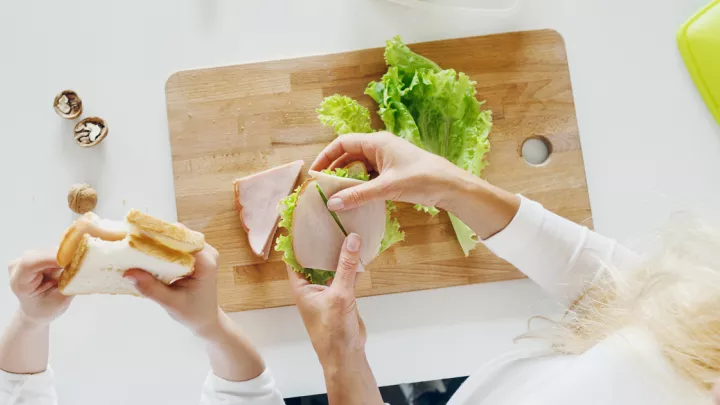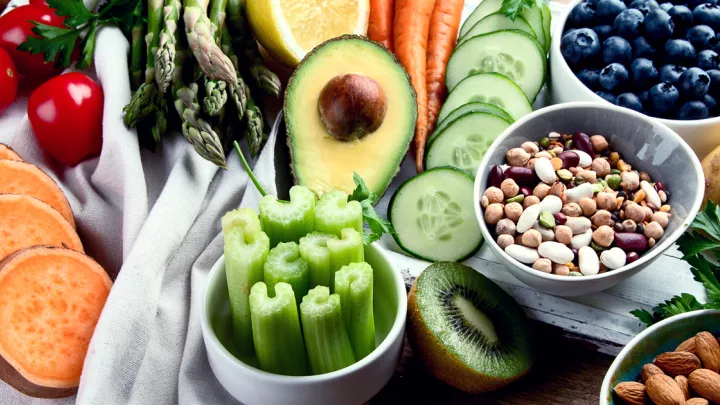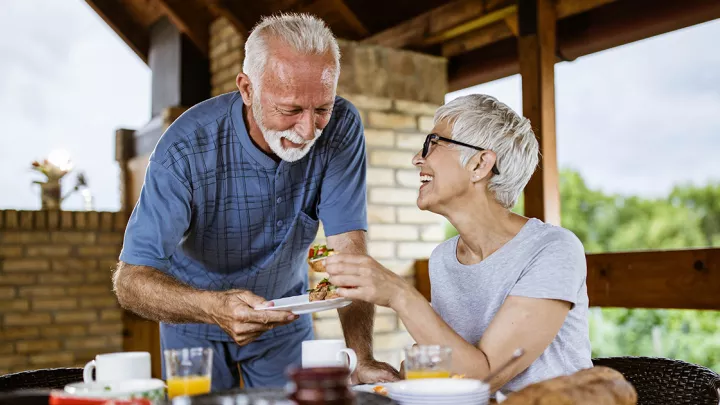Can you starve cancer?

Is it possible to starve cancer? Recent buzz on social media about the starve cancer diet may have you asking that very question.
The starve cancer diet focuses on starving cancer cells by limiting protein and carbohydrates and eating mainly fats. The idea behind this diet is that by limiting carbohydrates and protein, cancer cells will essentially “starve” and be unable to grow and spread.
The problem with this concept is that your healthy cells need carbohydrates and protein to work too. Following this diet starves the entire body and your cells from getting essential nutrients needed to fight cancer.
While this diet may sound like a good idea in theory, it is not an appropriate recommendation for those with cancer. Poor appetite, nausea, vomiting, taste changes and unintentional weight loss are common symptoms and side effects of cancer treatment. Because of the frequency and severity of these side effects, healthcare providers emphasize protein-rich and nutrient-dense foods.
Why is it important to focus on feeding rather than starving cancer cells?
Protein, carbohydrates, and fat are essential for basic bodily functions. All three are needed to provide energy and keep you strong while fighting cancer.
Carbohydrates are the preferred energy source for the body and are essential for brain function. They provide energy to red blood cells, which allows them to transport oxygen throughout the body.
Protein helps your body build and maintain muscle, promote healing and recovery. If you are not getting enough protein in your diet, your body will break down muscle to provide the resources for other bodily functions. This is called “muscle wasting."
What foods should I eat?
The American Institute for Cancer Research (AICR) recommends lean animal protein and plant-based proteins. Examples include:
Poultry, fish, eggs, cheese, yogurt, tofu and beans.
Lean cuts of beef and pork can be consumed in moderation (12 to 18 oz/week).
Whole grains and fruit, which are not only carbohydrate sources, they are also packed with fiber, vitamins, minerals and antioxidants, which are inflammation fighters. Good sources of whole grains include quinoa, brown rice, rolled oats, or whole grain bread and pasta.
Unsaturated sources of fat such as nut and seeds, avocados and plant oils (like olive oil) instead of butter or shortening.
What does this all mean?
The nutrient limitations of the “starve cancer diet” outweigh any potential helpful effects. After a cancer diagnosis, it is recommended to continue eating in a way that maintains weight and promotes healing and recovery. There is no one-size-fits-all diet for cancer. Find a diet plan that provides enough calories, protein and cancer-fighting nutrients to keep you strong and prevent weight and muscle loss.
Learn more about nutrition services for cancer survivors.







